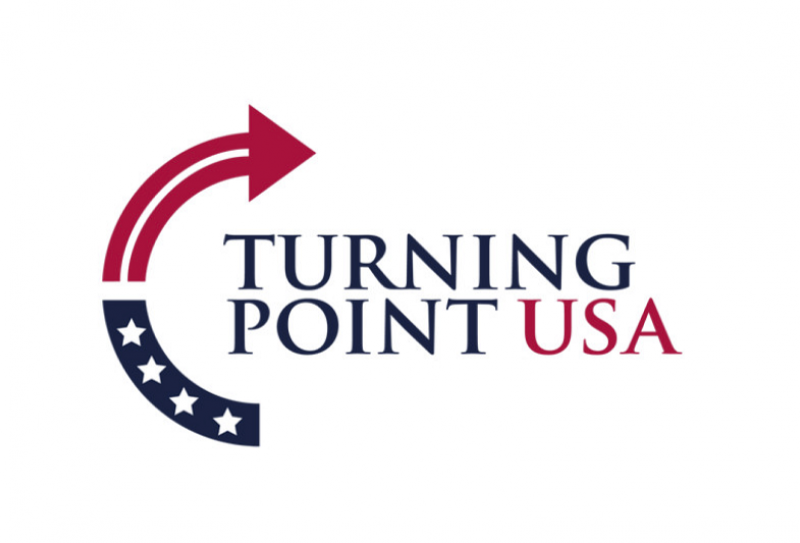(In advance of the TPUSA Campus Clash Event on April 9, 2019)
Leading up to and since election night in 2016, politically-conscious students at the University of Connecticut have witnessed a rising tide of white nationalism on our campus. This pattern, of course, is not unique to UConn: our current president was elected by proponents of this widespread cultural movement, which has been variably active, but consistently extant, throughout the recent history of the United States.
The symptoms of white nationalism have been less visible in Connecticut, a Democratic “trifecta” state that largely voted against Trump in 2016. The movement has been further dampened by the influence of the UConn campus itself; exposure to education in history, philosophy and basic statistics tend to undermine the rhetorical scaffold upon which white nationalism is built for most students.
Even in this presumed oasis of progressive thought, which a MAGA hat-wearing caricature of a conservative might snidely call a “safe space,” I have been personally aware of three white nationalist-adjacent speaking engagements in the last three years, though I can only speculate on the quantity of UConn College Republicans meetings and dorm room conversations that would add to this tally.
In 2017, expressly alt-right pundit Lucian Wintrich appeared at a famously ill-conceived speaking engagement entitled “It’s OK to Be White.” Still, the substantial backlash following the event was only enough to ensure that subsequent alt-right speakers would need to press their shirts and maintain plausible deniability before approaching the podium.
For those previously aware of Ben Shapiro’s particular brand of middlebrow bigotry, the rhetorical content of his event at UConn last year was not surprising. Frequently-recycled and often-debunked arguments were brought forth, and cherry-picked statistics were quoted. Progressive students, understandably flustered and uncomfortable with the situation, were largely dismissed (“owned”?) by Shapiro, who was armed with a library of notes, and the situational advantage of the podium. Moderates approached the microphone as well, one of whom causally dismissed the entire trans community under the guise of making a good-faith inquiry about mental health. Several self-proclaimed “big fans” of Shapiro also addressed him, often to reference in-jokes from his Twitter feed.
In a moment of near-comical “both sides”-ism, a handful of my roommates and friends gathered in my common room to watch the internet stream of the Shapiro event, alongside a stream of the UConn College Democrats-hosted Nathan Robinson event that was scheduled on the same night. Our screen was split (50-50!), and we took turns listening to each of the two events for a few minutes at a time.
It is deceptively easy to arrive at the conclusion that the truth must lie somewhere between Republican and Democrat, between big and small government, between socialism and fascism—wherever you prefer to identify the bounds of the political spectrum. From there, it’s reasonable to conclude that white supremacists like Charlie Kirk and company should be able to state their case on campus alongside more progressively-oriented speakers. We can hear from both sides, dig into the arguments point by point, and arrive at a conclusion.
In the opaque political nebula that has descended in the wake of Trump’s election, it has also become deceptively easy to forget that the concept of the truth—empirical, measurable reality—is actually something that exists in the world. A consequence of this fact is that one side of a debate can be objectively correct, and another can be demonstrably wrong.
In the case of white supremacy, it is not difficult to identify the side that has done their research, and the side that is propagating hateful, dangerous, and archaic attitudes for personal gain. Even for those with the best intentions, dissecting and rebutting the arguments of a white supremacist is not a productive use of time.
Kirk, Shapiro and Wintrich do this for a living, and they aren’t paid to engage meaningfully with me, the liberal college student, or you, wherever your opinions happen to fall. They are paid to peddle rhetoric, to build an audience and quite literally, to speak at universities.
As long as the student body is eager (or even complicit) to hear them out, such speakers will continue to visit UConn, and to receive compensation for doing so. White supremacists will keep their jobs, and their audiences will continue to grow. This is all to say, if you are well-intentioned, don’t try to debate the white nationalists at TPUSA – protest their presence.


